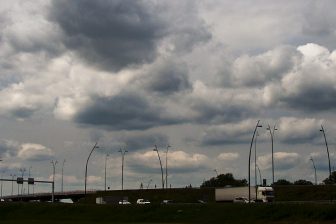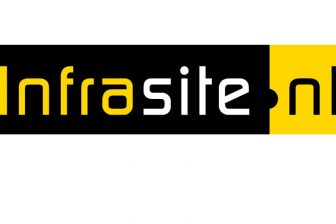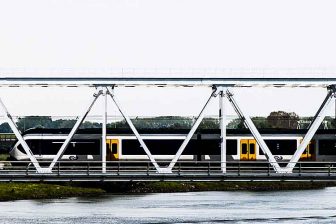Lyon-Turin: the EC publishes report independent expert
Brussels, Belgium – In December 2005, the Commission asked a group of independent experts to evaluate the coherence of the studies carried out by Lyon-Turin Ferroviaire on questions which are at the heart of the concerns of the residents of the Suse Valley. The report’s findings, which has now been sent to the Commission, provide an objective view of the project. The report concludes that the studies carried out by Lyon-Turin Ferroviaire on traffic forecasts and the health and environmental aspects of the project are coherent.
“In order to renew the dialogue in the Suse Valley, it is important for the local population to have transparent and impartial information. This evaluation is an excellent starting point”, said Vice-President Barrot. “The questions asked by the residents of the Suse Valley deserve proper answers. This report will enable them to consider – objectively – the relevance of the project and the measures planned to protect the environment and manage the potential risks, in particular to health”, Mr Barrot also stressed.
On a proposal from Mrs Loyola de Palacio, the European coordinator for priority corridor No 6 of the trans-European transport network (Lyon-Turin-Trieste-Ljubljana-Budapest), the European Commission decided last December to have an independent investigation carried out to evaluate the coherence and reliability of the results of the studies carried out by Lyon-Turin Ferroviaire (LTF) taking account of the main criticism levelled by the project’s opponents.
The experts[1] appointed by the Commission – all of whom are known internationally and have relevant experience in the above areas – worked independently.
The study covered the part of the line which is under LTF’s responsibility under the mandate assigned to it by the Franco-Italian Inter-Governmental Commission (CIG) for the Lyon-Turin section from Saint-Jean de Maurienne (France) to Bruzolo (Italy), commonly known as the “international section”.
The experts’ report focused on the questions of health and environmental protection and the decision to construct a new line rather than modernise the existing one. The experts in particular checked that the methods used and the assumptions made by LTF were the same as those used for other similar projects, such as the new Lötschberg and Gotthard crossings in Switzerland, which faced similar problems.
The experts examined and analysed a considerable body of information and technical data made available by LTF regarding health, the environment and traffic forecasts. Other information sources were also taken into account, in particular certain studies made available by the project’s opponents.
The experts’ report concludes that LTF’s studies on the transport model and the health and environmental aspects are coherent. Generally, LTF dealt satisfactorily with the points criticised and carried out very thorough investigations into the disputed matters (asbestos, radon, management of excavated material, transport models).
To ensure transparency, the experts’ report, which also includes recommendations that address the local population’s concerns more fully, can be consulted by the public on the website: europa.eu.int/comm/ten/transport/priority_projects/index_en.htm
The experts’ report is an essential contribution which should make it possible to relaunch the dialogue between the parties concerned.
The Lyon-Turin project is essential for Europe in order to develop alternatives to road transport in the Alpine valleys, which are particularly sensitive to pollution and congestion. The new infrastructure is therefore necessary not only to cope with the expected increase in traffic but also to enable a substantial part of the goods traffic which today goes by road to be transferred to the railways.
Mrs Loyola de Palacio is one of the six European coordinators designated by the Commission in July 2005 to speed up the completion of the priority trans-European transport network projects (IP/05/977).
[1] COWI A/S (DK)
U las zojuist één van de gratis premium artikelen
Onbeperkt lezen? Profiteer nu van de introductieaanbieding voor € 10,- per maand.
Bent u al abonnee?



